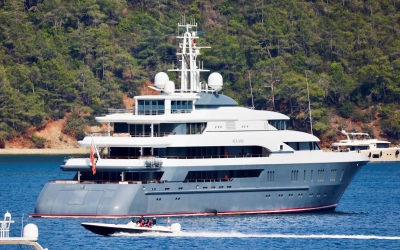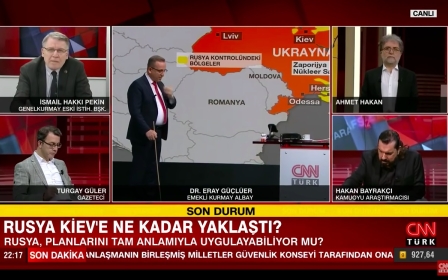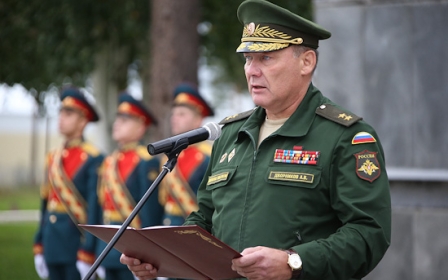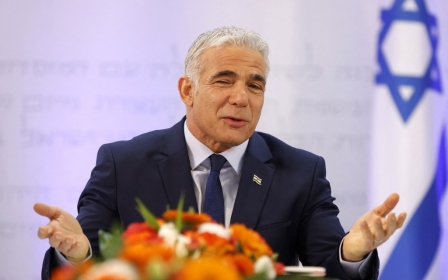Turkish airspace closed to planes carrying troops from Russia to Syria
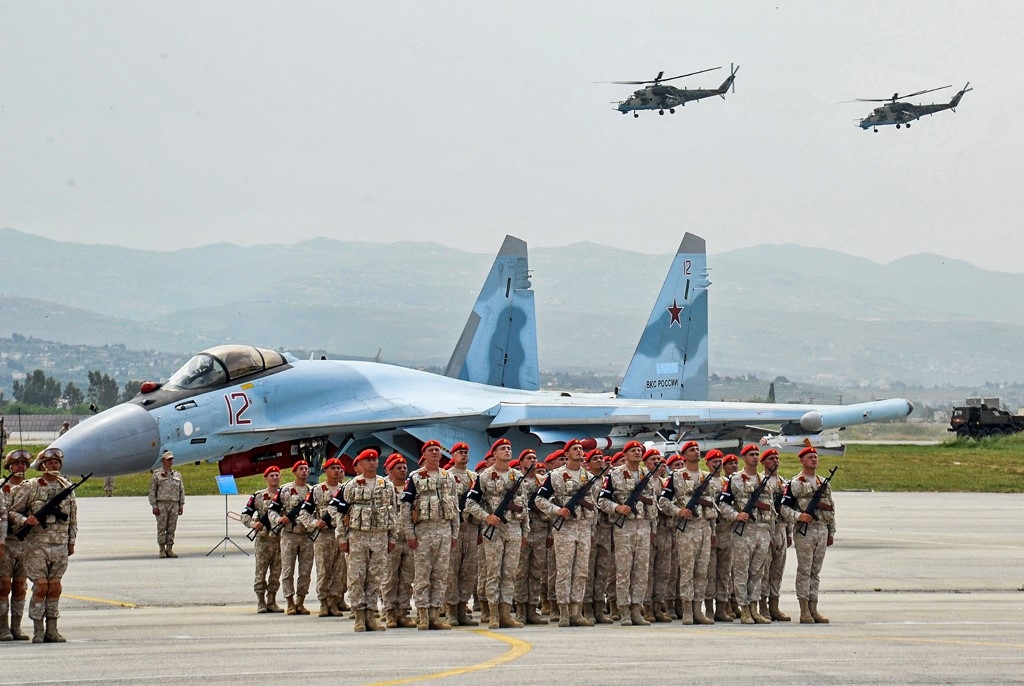
Turkish airspace has been closed to military and civilian planes carrying troops from Russia to Syria after talks with Moscow, Turkey's state broadcaster TRT Haber cited Foreign Minister Mevlut Cavusoglu as saying.
Speaking to reporters during his flight to Uruguay on Saturday, Cavusoglu said that Turkey had been giving Russia permission to use its airspace in "three-month intervals", but that the last one expired in April.
"Henceforth the flights have stopped," Cavusoglu told reporters, adding that he conveyed the decision to his Russian counterpart Sergei Lavrov, who then relayed it to President Vladimir Putin.
There was no immediate response to Turkey's announcement from Russia, which together with Iran has been a crucial supporter of Syrian President Bashar al-Assad during the war-torn country's civil war.
Turkey has backed Syrian rebels during the conflict.
During his remarks, Cavusoglu noted that the ban would stay in place for three months and that the process is being conducted through dialogue on both the Montreux Convention and other matters.
Nato member Turkey shares a maritime border with Ukraine and Russia in the Black Sea and has been acting as a mediator between the two since Moscow's 24 February invasion. It has supported Kyiv, but also opposed sanctions on Moscow, including measures against Russian billionaires.
During his comments on Saturday, Cavusoglu said that a "comprehensive text" is in the works as negotiations between the two sides continue.
Cavusoglu said if progress is made in negotiations, President Putin and Ukrainian President Volodymyr Zelensky had agreed that a meeting could be held in Turkey.
"We also see there is a draft joint declaration in this process. The focus is on impartiality, security, and guarantees," he said, adding that Putin and Zelensky would need to reach the final decision.
Regarding the Russian oligarchs coming to Turkey, Cavusoglu reiterated that Turkey is not participating in sanctions. "If a company wants to do business, they must comply by our and international law," he said.
Ankara relies heavily on Russian energy imports and tourists and has emerged as a safe haven for Russians fleeing sanctions, many of whom have invested in Turkish property.
Middle East Eye delivers independent and unrivalled coverage and analysis of the Middle East, North Africa and beyond. To learn more about republishing this content and the associated fees, please fill out this form. More about MEE can be found here.


